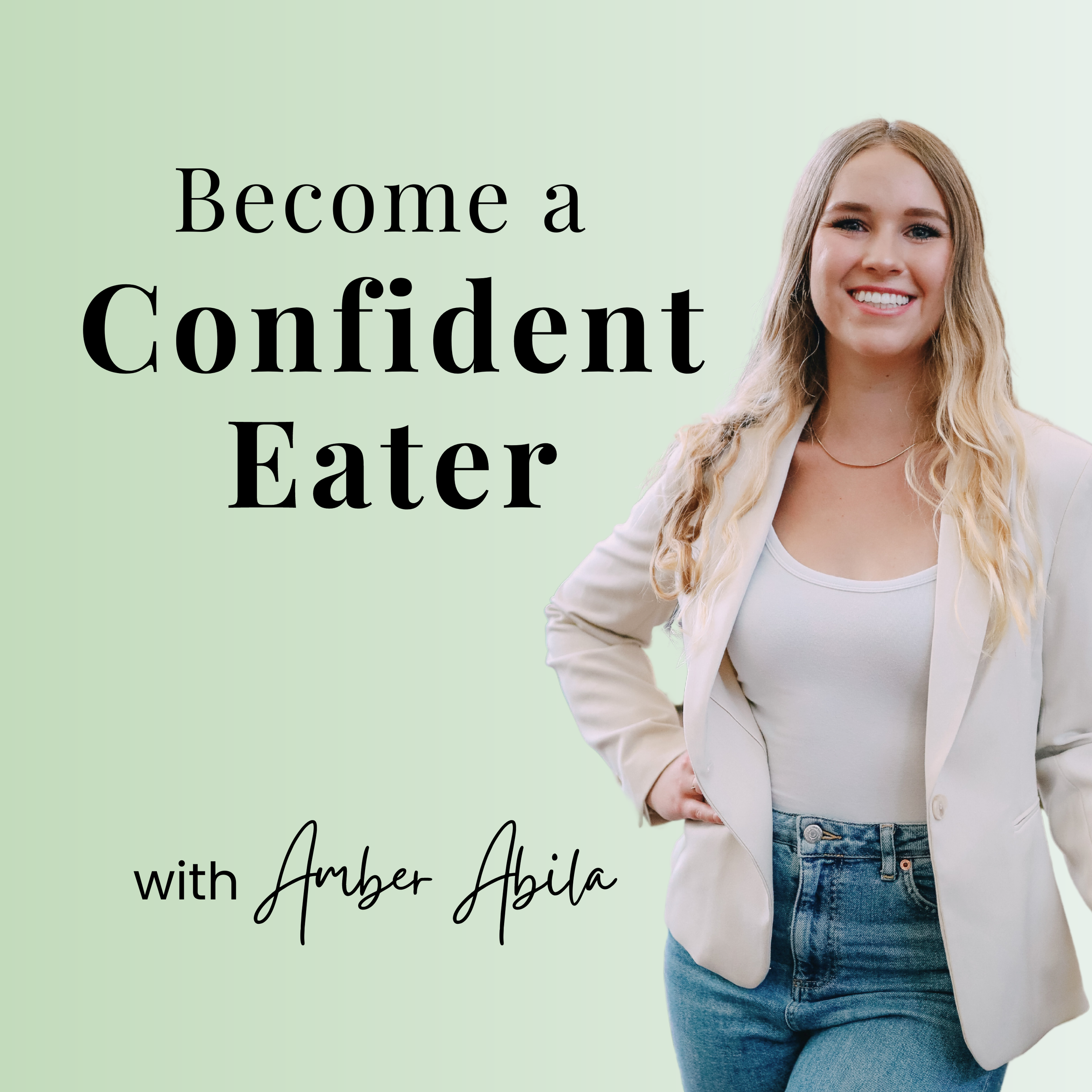Ep 74- Why Moms Struggle to Lose Weight- and How to Change That with Laura Conley
July 10, 2025
Today, I’m joined by Laura Conley to unpack why so many moms struggle to lose weight.
Laura shares the raw moment that transformed her relationship with food and sparked her mission to help moms lose weight without shame, obsession, or sacrifice.
If you’ve ever found yourself stress-eating cheddar bunnies after bedtime or felt guilty for wanting more than crumbs of time for yourself, this episode will speak to you.
You’ll learn…
Where mom guilt comes from
How to fill your “pleasure cup” so you don’t rely on food for joy
Asking your partner for support so you can prioritize yourself without guilt
How to teach your kids about body image and their relationship with food
What people pleasing has to do with overeating
Meet Laura and the Moment Everything Changed
After having her daughter, Laura noticed old patterns of self criticism rushing back. Standing by the bassinet she realized if she kept hating her body she would pass that down. She vowed to heal her relationship with food and still lose the baby weight, but not by starving herself. That promise became her mission to free the moms and give other women the gift she claimed for herself.
Why Mom Guilt Fuels Overeating
Moms are busy and culture teaches that a good mom puts everyone first. Cups go empty. Oxygen masks stay off. By nine thirty at night the pantry becomes the only place that offers comfort or fun. Your lower brain seeks a dopamine hit and food is the fastest way to get it. Add the pressure to look a certain way and you have a perfect storm.
Fill Your Pleasure Cup on Purpose
Start with a gentle why. If you are eating when you are not hungry, what are you needing. Fun. Comfort. Reward. Connection. Get curious without judgment and build a menu of true pleasures that fit you.
Ideas to try:
sunshine and a ten minute walk
movement that feels like care, not punishment
a standing coffee or dinner date with a friend
a spa day on the calendar and a brave conversation to make it happen
small daily comforts that make ordinary days feel good
Guilt will likely show up. Call it cultural guilt and take action anyway. You will come home more resourced and you will see you are a better mom when your cup is not empty.
Ask Your Partner for Support without Apology
Do not wait to feel fearless to have the conversation. Set the stage and be honest. I am scared to bring this up and I need us to talk about our schedule so I can take care of myself too. Many partners are relieved to be asked and want to help. Hold the belief that your person wants you well supported, and be willing to feel a little fear while you advocate for what you need.
Teach Kids about Food and Body Image the Calm Way
Ninety percent of the work is your own healing. When you feel grounded around food your kids absorb that naturally.
Practical ideas:
ask open questions like how does your body feel after those waffles
give simple education about protein fat and carbs in a neutral tone
keep language neutral rather than good or bad
set loving boundaries around ultra processed foods just as you do with sleep or screen time
focus on how clothes feel and how their body feels rather than how it looks
model body respect in small moments like dropping the frantic cover up at the pool
If your child asks why you skip a dessert sometimes, share the truth kindly. Sugar does not feel great in my body and I want to feel like myself. Keep it about how it feels for you, not about being worthy or a certain size.
People Pleasing Eating and How to Stop It
Many women eat to avoid judgment. Someone brought a treat just for you, everyone ordered appetizers, you said yes even though you did not want it. Practice saying no thank you in safe settings and build that muscle. You can appreciate the gesture without eating the food. The more you have your own back, the less others opinions matter.
Final Thoughts
When moms put themselves last, food becomes the quickest way to feel better for a moment. When you fill your pleasure cup on purpose, ask for support, and model calm, neutral food conversations at home, you change your relationship with food and your kids inherit something better.
Ready to Put Yourself Back on the List
If you are done living on crumbs of time and willpower, the Confident Eater Program can help. Together we will untangle mom guilt, build real pleasures that fit your life, and create simple tools to feel calm with food so you can show up as the woman and mom you want to be. You will learn to trust your body, enjoy food without fear, and pass down a healthier legacy.
If that is the support you have been missing, book a consultation and let us get you started.
